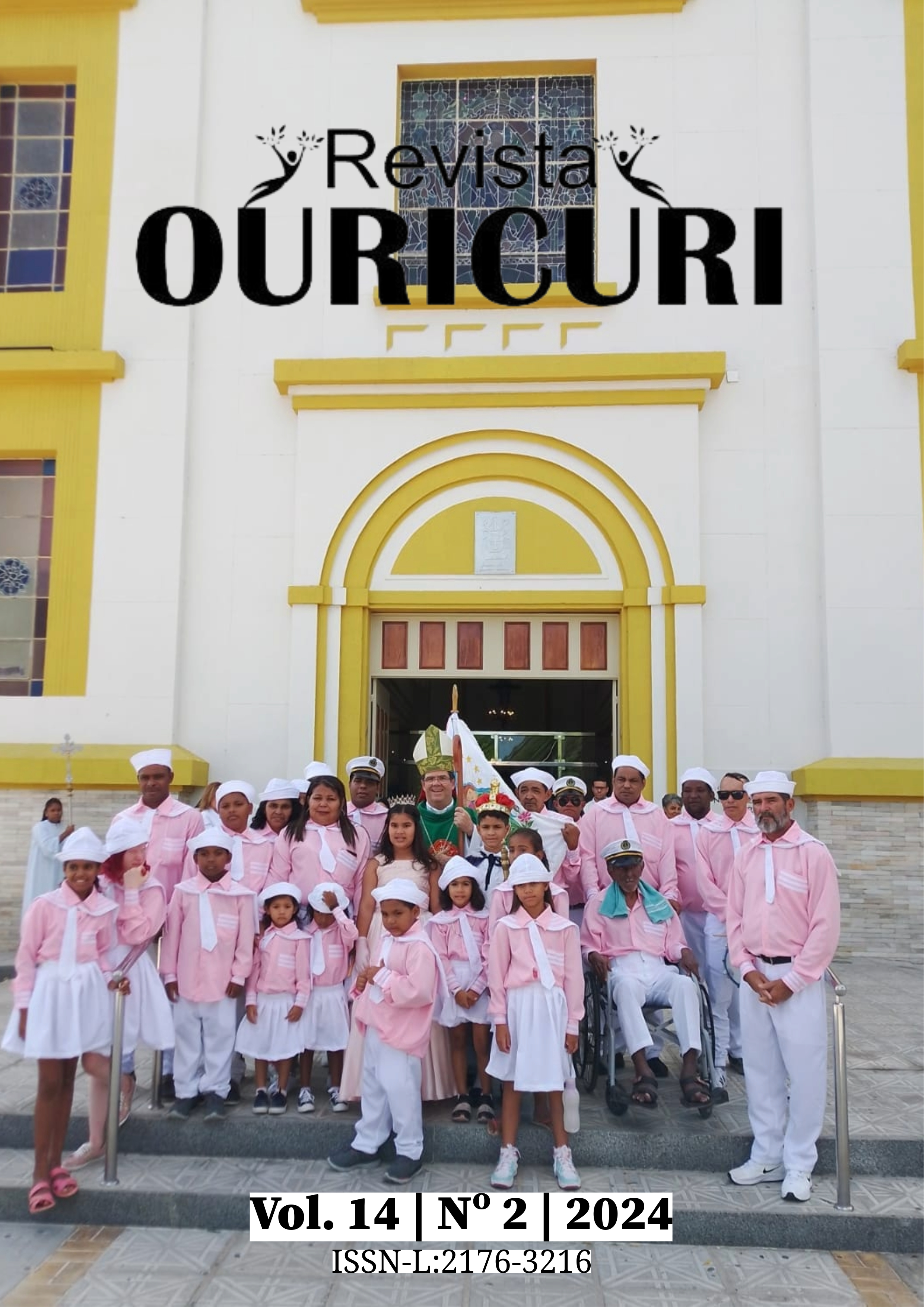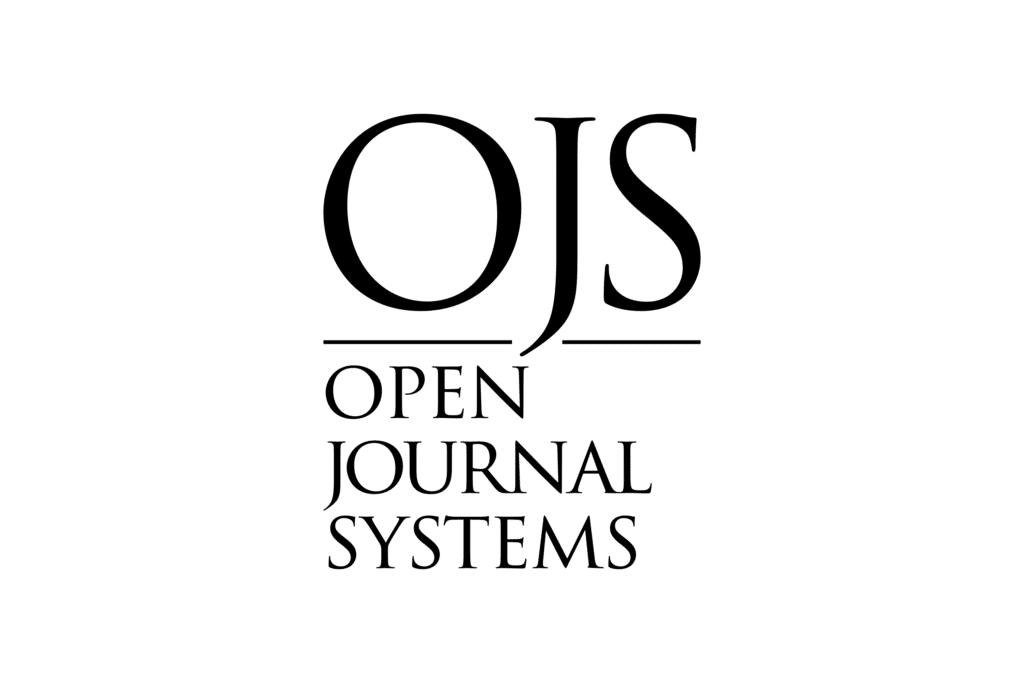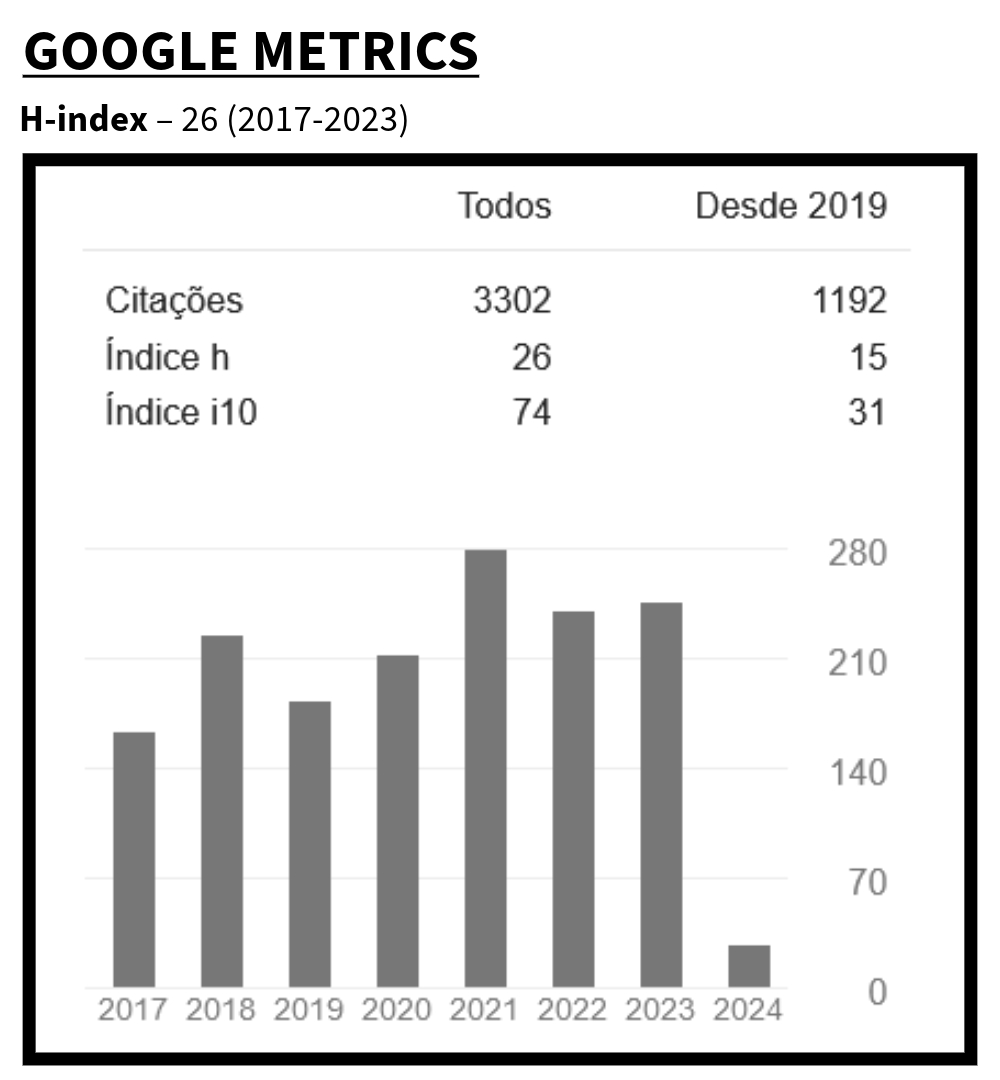Experience Report
playful dynamics and physical well-being in the CAPS AD
DOI:
https://doi.org/10.59360/ouricuri.vol14.i2.a22039Keywords:
waiting room, group processes, group dynamicsAbstract
This experience report aims to describe the implementation of a playful activity in the CAPS AD III waiting room. The activity aimed to provide users and their companions with a moment of relaxation in the waiting room, promoting interaction and the physical well-being of participants and a more pleasant, welcoming environment with a fun and inclusive dynamic. Using a qualitative and participatory methodology, group dynamics were organized that included music and interaction with objects. Of the 18 present, 12 actively participated, while 6 chose not to participate due to various personal reasons. The activity was well received and provided moments of relaxation and joy, contributing to a more welcoming and positive environment in the waiting room. The report also incorporates a critical and reflective analysis based on renowned authors such as Alexandre (2002), Pichon-Rivière (2005), Stoffer (2023), Martín-Baró (2003-2017), Costa, Silva and Silveira (2018), among others. These authors offer a robust theoretical basis for understanding human interactions in collective contexts, contributing to the analysis of group processes, group practice, group dynamics and leadership in the context of the mental health waiting room. Furthermore, the article suggests proposals for future interventions, aiming to increase effectiveness and user engagement.
Downloads
References
Alberti, T. F.; Abegg, I.; Costa, M. R. J.; Titton, M. Dinâmicas de grupo orientadas pelas atividades de estudo: desenvolvimento de habilidades e competências na educação profissional. Rev. bras. Estud. pedagog., 95(240), 346-362, 2014. Disponível em:https://www.scielo.br/j/rbeped/a/hPc6CRnw4C4TMp6jF5P4ZWQ/?format=pdf&lang=pt. Acesso em: jul. 2024
Alexandre, M. Breve descrição sobre processos grupais. Revista Comum, 7(19), 209-219, 2002.
Barbosa, L. P. Saúde mental: conceitos, práticas e desafios. Artmed Editora, 2020.
Bien, E. da S. G.; Barroco, S. M. S. Arte, História e Educação na Psicoterapia de Grupo: em defesa da formação humana. Revista Educar Mais, [S. l.], 4(2), 320–337, 2020. DOI: 10.15536/reducarmais.4.2020.320-337.1877. Disponível em: https://periodicos.ifsul.edu.br/index.php/educarmais/article/view/1877. Acesso em: 5 maio. 2024.
Costa, J. T.; Silva, F. S. da.; Silveira, C. A. B. As Práticas Grupais e a Atuação do Psicólogo: Intervenções em grupo no Estágio de Processos Grupais. Revista do NESME, 15(2), 2018. DOI: https://doi.org/75d323ad165443c59fb-33b3. Disponível em: https://pepsic.bvsalud.org/scielo.php?script=sci_arttext&pid=S1806-24902018000200005. Acesso em: 27 set. 2024.
Galeffi, D. Metodologia participativa: Uma alternativa ao trabalho social. Revista Emancipação, 9(1), 119-129, 2009.
Gonzaga, D. S. K.; Brino, R. l. F. Prevenção de maus-tratos infantis: prática em grupo com gestantes em unidade de saúde. Psicologia: Ciência e Profissão, 41(e219782), 1-15, 2021. DOI: https://doi.org/10.1590/1982-3703003219782. Disponível em: https://www.scielo.br/j/pcp/a/dMLBNqdPzyyn458GZDxz9nS/?lang=pt. Acesso em: mai. 2024.
Maluly, L. V.; Venancio, R. D. O. Ego, Ideal de Grupo e os influenciadores digitais. São Paulo: ECA-USO, 2020.
Martins, S. T. F. Processo grupal e a questão do poder em Martín-Baró. Psicologia & Sociedade, 1, 201-217, 2003.
Martin-Baró, I. Entre o indivíduo e a sociedade. In: Martiín-Baró, I. (Org.). Crítica e libertação na psicologia: estudos psicossociais. Petrópolis, RJ: Vozes, 2017. p. 101-161.
Mussi, R. F. de F; Flores, F. F.; Almeida, C. B. de. Pressupostos para a elaboração de relato de experiência como conhecimento científico. Revista Práxis Educacional, 17(48), 60-77, 2021.DOI: https://doi.org/10.22481/praxisedu.v17i48.9010. Disponível em: https://periodicos2.uesb.br/index.php/praxis/article/view/9010. Acesso em: 20 jul. 2024
Passos, E.; Barros, R. B. de. A cartografia como método de pesquisa-intervenção. In: Passos, E.; Kastrup, V.; Escóssio, L. (Org.). Pistas do método da cartografia: pesquisa-intervenção e produção de subjetividade. Porto Alegre: Sulina, 2015.
Pichon-Rivière, E. O Processo Grupal. Ed. Martins Fontes. São Paulo, 2005.
Pivetta, H. M. F.; Isaia, S. M. de A. Grupo reflexivo de professores da educação superior: Estudo sobre seus movimentos construtivos. Revista Portuguesa de Educação, 27(1), 111-132, 2014. DOI: https://doi.org/10.21814/rpe.4300. Disponível em: https://revistas.rcaap.pt/rpe/article/view/4300. Acesso em: 20 jul. 2024.
Pereira, A. Metodologia qualitativa: teoria e prática. Editora Vozes, 2021.
Pereira, J. C.; Gouveia, C. M. A; Corsino, I. L. A construção social do homem: conhecendo os processos grupais. [S. l.]: e-Tec Brasil, 2016. Disponível em: https://proedu.rnp.br/bitstream/handle/123456789/604/Aula_04.pdf?sequence=4&isAllowed=y. Acesso em: 27 set. 2024.
Robbins, S. P.; Judge, T. A.; Sobral, F. Comportamento organizacional: teoria e prática no contexto brasileiro. Tradução: Rita de Cássia Gomes. 14. ed. São Paulo: Pearson Prentice Hall, 2010.
Sousa, J. M.; Farinha, M. G.; Silva, N. dos S. Potencialidades das intervenções grupais em Centros de Atenção Psicossocial Álcool e Drogas. Escola Anna Nery, 26, 1-10, 2022. DOI: https://doi.org/10.1590/2177-9465-EAN-2021-0294. Disponível em: https://www.scielo.br/j/ean/a/bLHWLfVd5yHYyrNFb5xKtwh/?lang=pt. Acesso em: 27 set. 2024.
Stoffer, B. J. A importância e eficácia da ludicidade na dinâmica de grupo como metodologia no processo de treinamento. Semana Acadêmica Revista Científica, Fortaleza, 11, ed. 232, 2023. DOI: http://dx.doi.org/10.35265/2236-6717-232-12580. Disponível em: https://semanaacademica.org.br/system/files/artigos/98_artigo_brunna_envio_2_1.pdf. Acesso em: 27 set. 2024.
Published
How to Cite
Issue
Section
License
Copyright (c) 2025 Ouricuri Magazine

This work is licensed under a Creative Commons Attribution 4.0 International License.
Authors who publish with this journal agree to the following terms:
a. Authors retain copyright and grant the journal right of first publication with the work simultaneously licensed under a Creative Commons Attribution License that allows others to share the work with an acknowledgement of the work’s authorship and initial publication in this journal.
b. Authors are able to enter into separate, additional contractual arrangements for the non-exclusive distribution of the journal’s published version of the work (e.g., by posting it to an institutional repository or publishing it in a book), with an acknowledgement of its authorship and initial publication in this journal.
c. Authors are permitted and encouraged to post and distribute their work online (e.g., in institutional repositories or on their website) at any point prior to and during the editorial process, as it can lead to productive exchanges, as well as earlier and greater citation of published work (See The Effect of Open Access).













 B1 (2017-2020)
B1 (2017-2020)


















